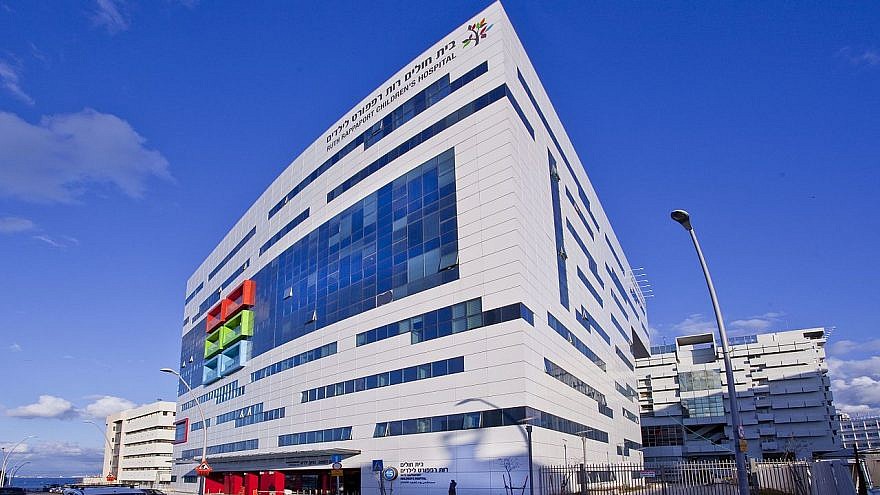Despite a shortage of hospital beds and nurses, Israel has a long average life expectancy and low infant mortality, according to a new report from the Organization of Economic Cooperation and Development, on health care in the organization’s 35 member nations for 2016.
Hospital-bed occupancy in Israel in 2016 was 93.8 percent, which represents the second-highest in the OECD.
The report also said that Israel had 3.1 doctors and five nurses for every 1,000 people, compared to the OECD average of 3.3 doctors and 9.3 nurses.
Israel also lagged in its supply of medical equipment. While the number of MRI machines in Israel increased by 41 percent from 2013 to reach 4.9 machines for every million citizens in 2016, it was the third-lowest of all OECD nations, considerably lower than the OECD average of 15.8 MRI machines per million people. Similarly, the number of CT scanners in Israel was 9.7 per million people, in contrast to the OECD average of 24.
Despite the lack of beds, nurses and equipment, life expectancy in Israel was higher than the OECD average. Life expectancy for Israeli women was 84.2 years—10 months longer than the OECD average for women. For Israeli men, the average life expectancy was 80.7—a full two-and-a-half years longer than the OECD average of 78.1.
Israel also had a lower infant mortality rate, with 3.1 deaths for every 1,000 births, compared to the OECD average of 3.8.
In response to the findings, Health Ministry Director General Moshe Bar Siman Tov said the health results in Israel are “among the highest in the OECD, but we need to improve when it comes to infrastructure and resources, beyond what we have accomplished in recent years.”

























